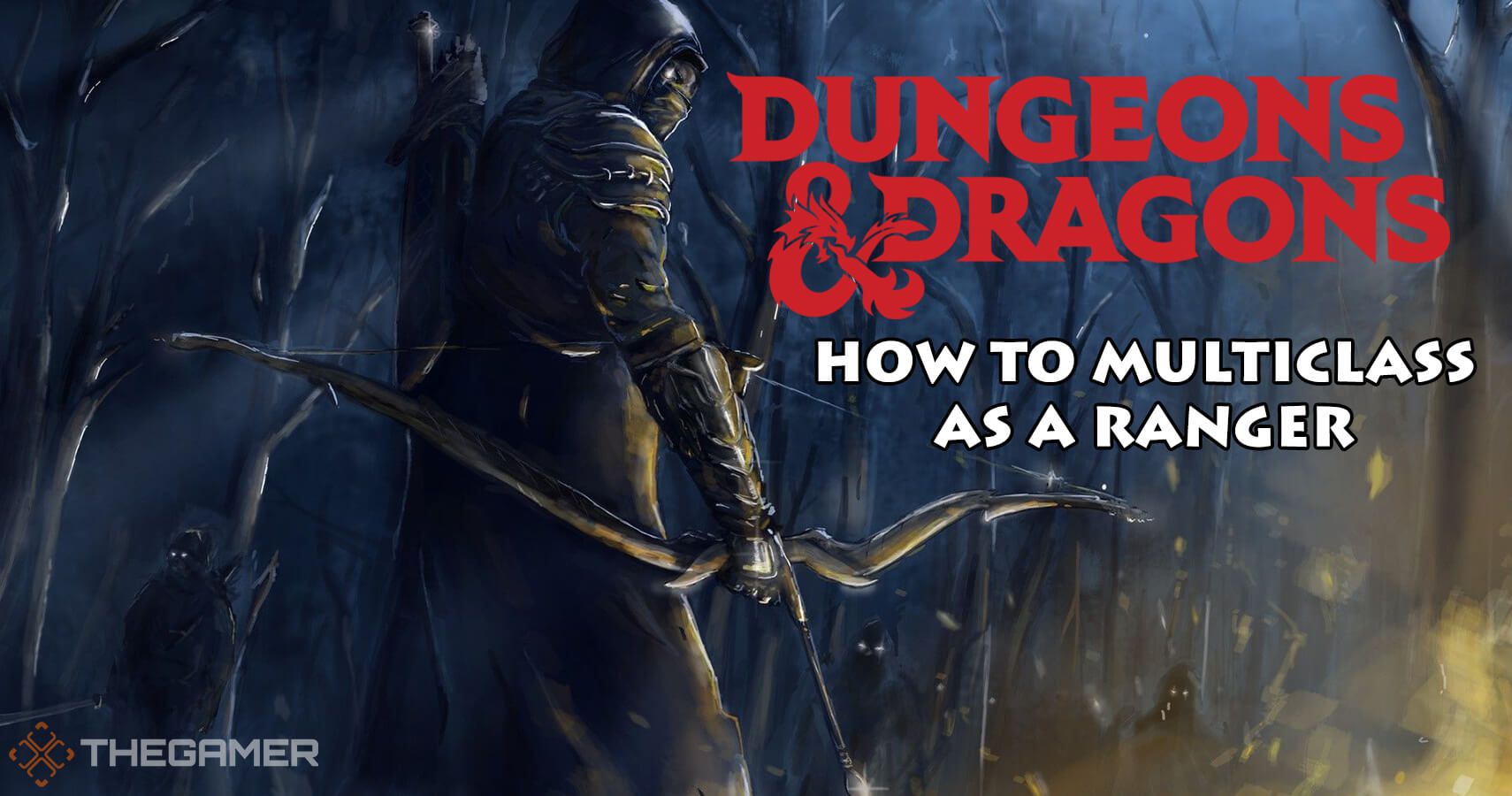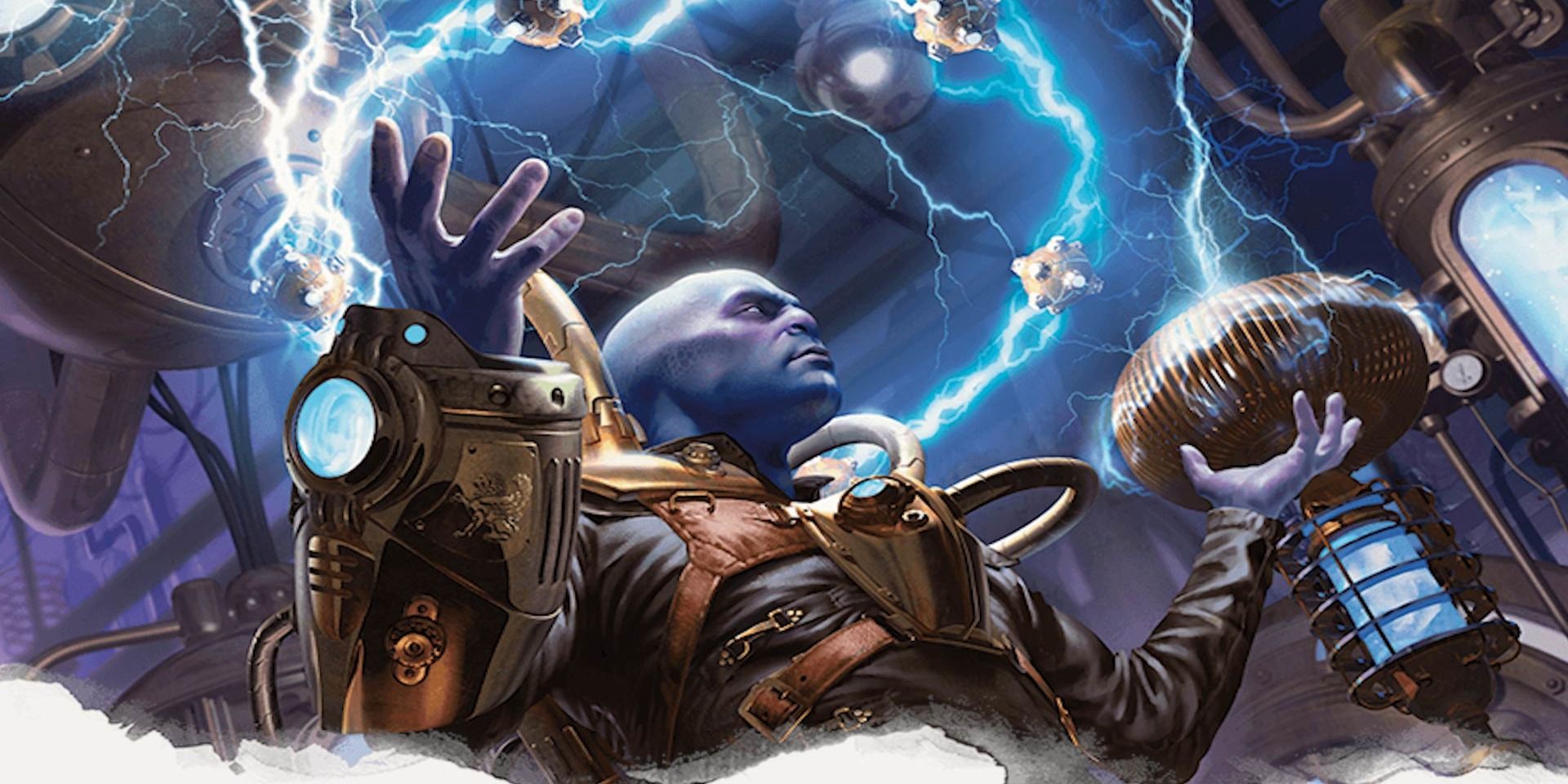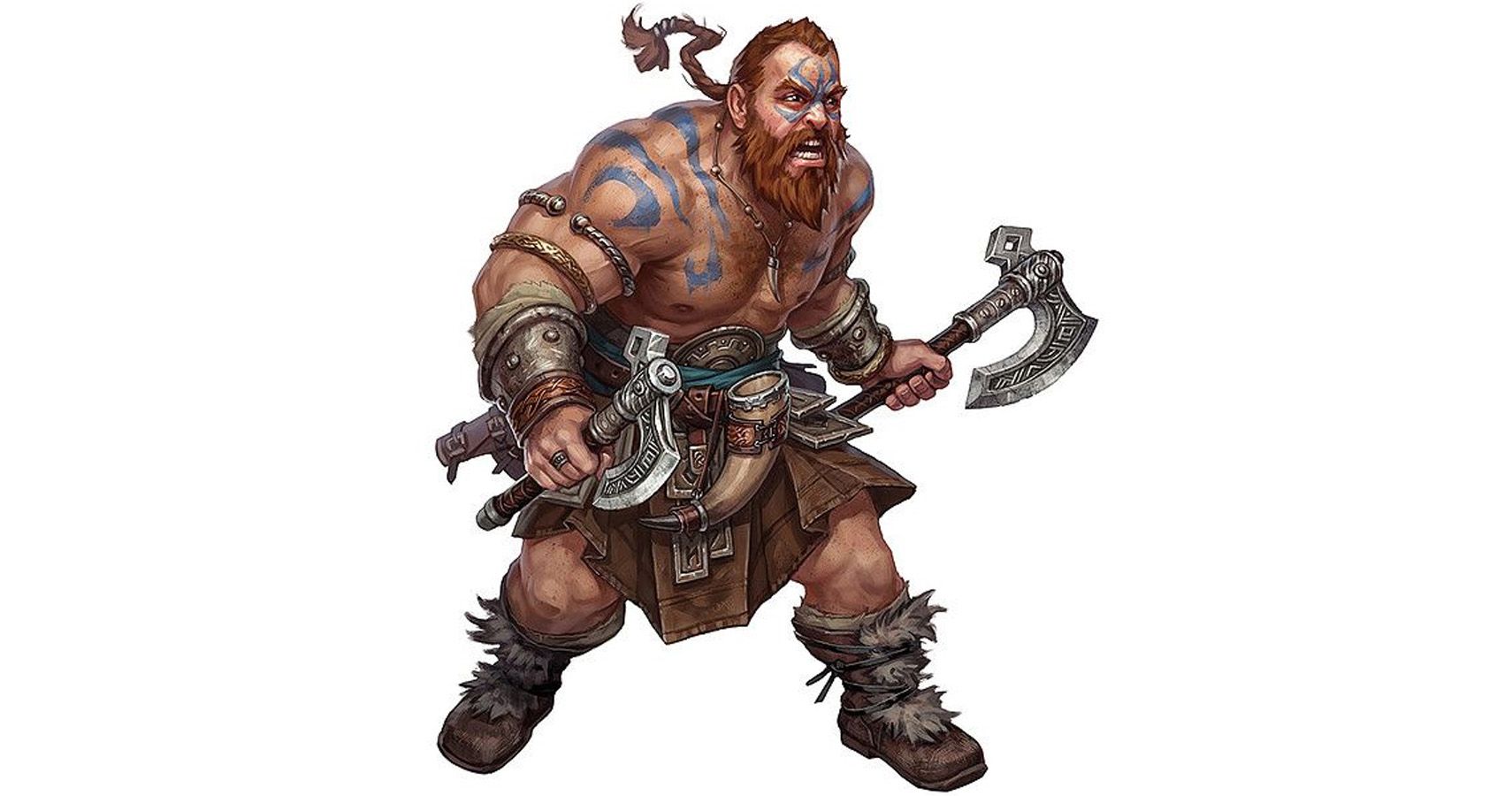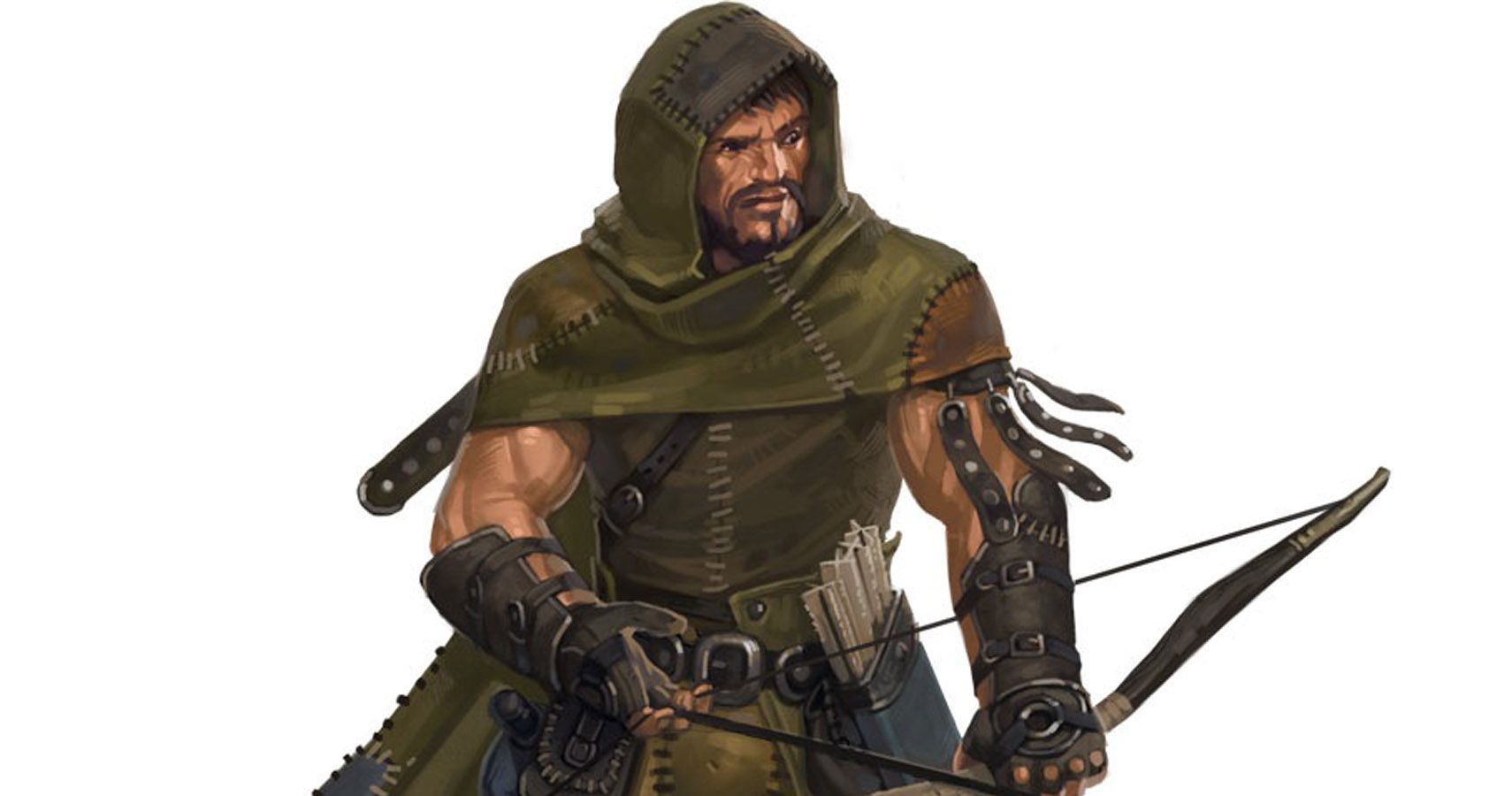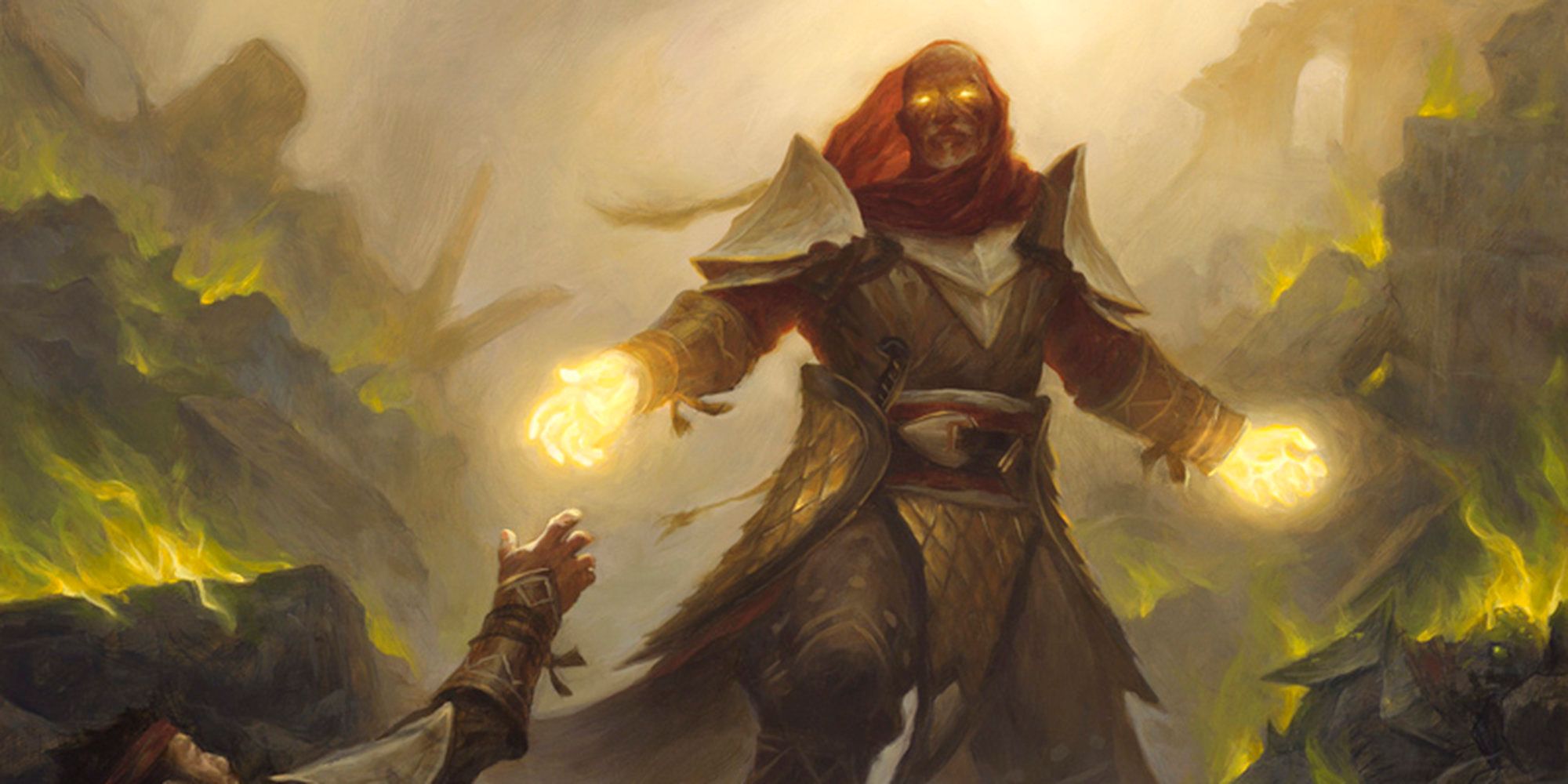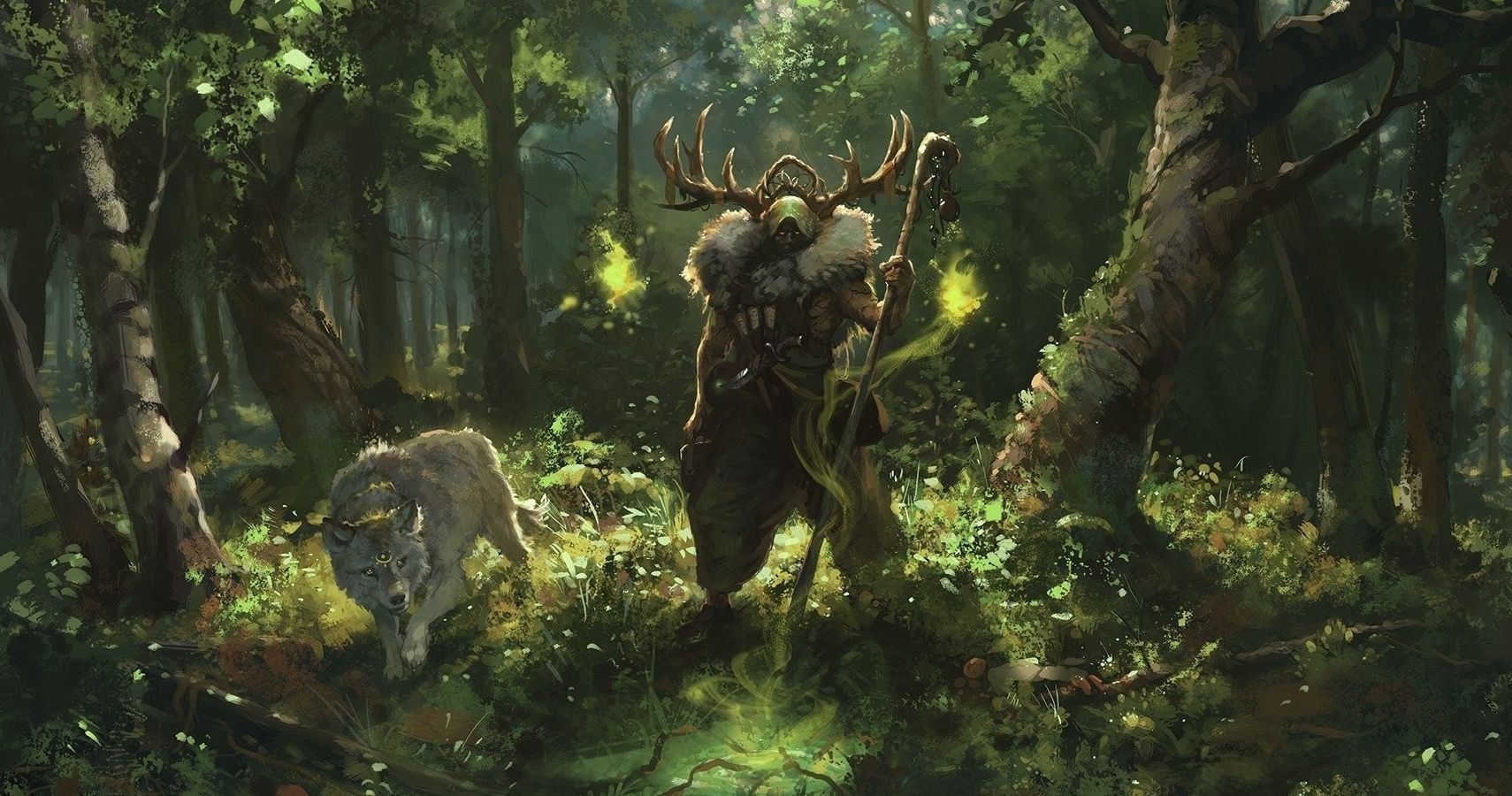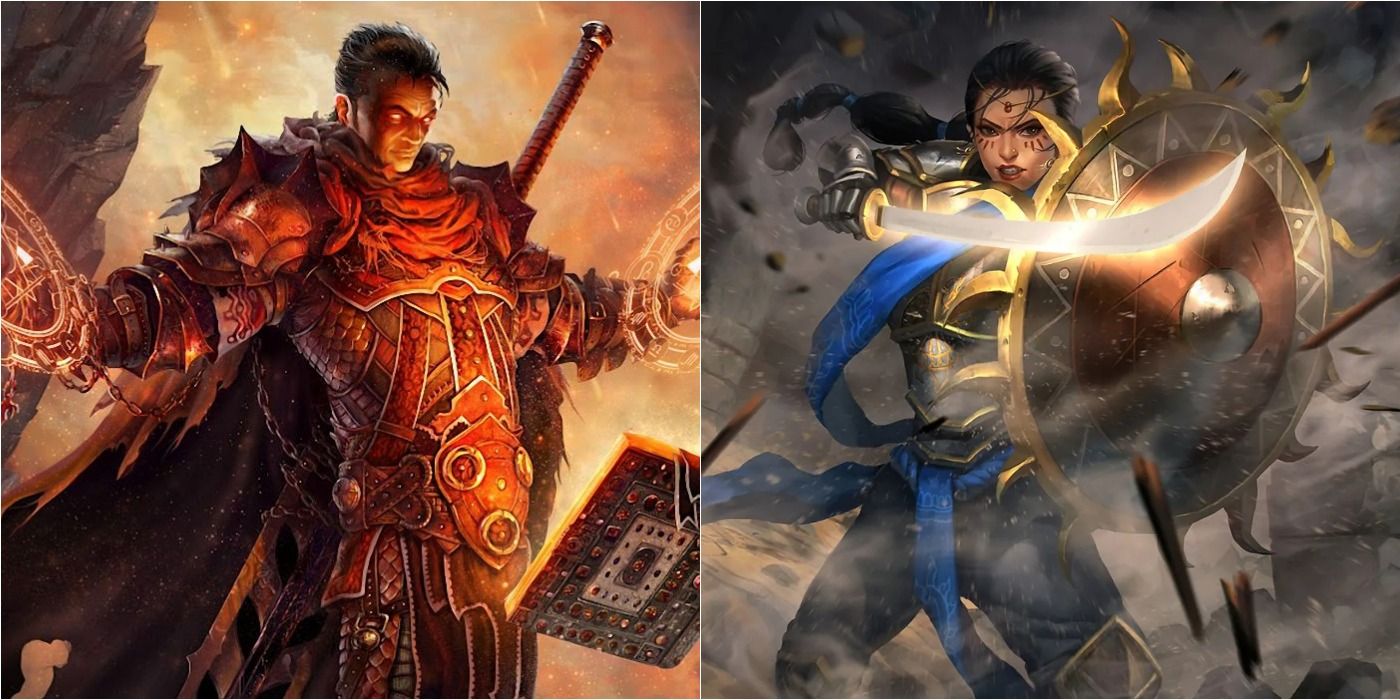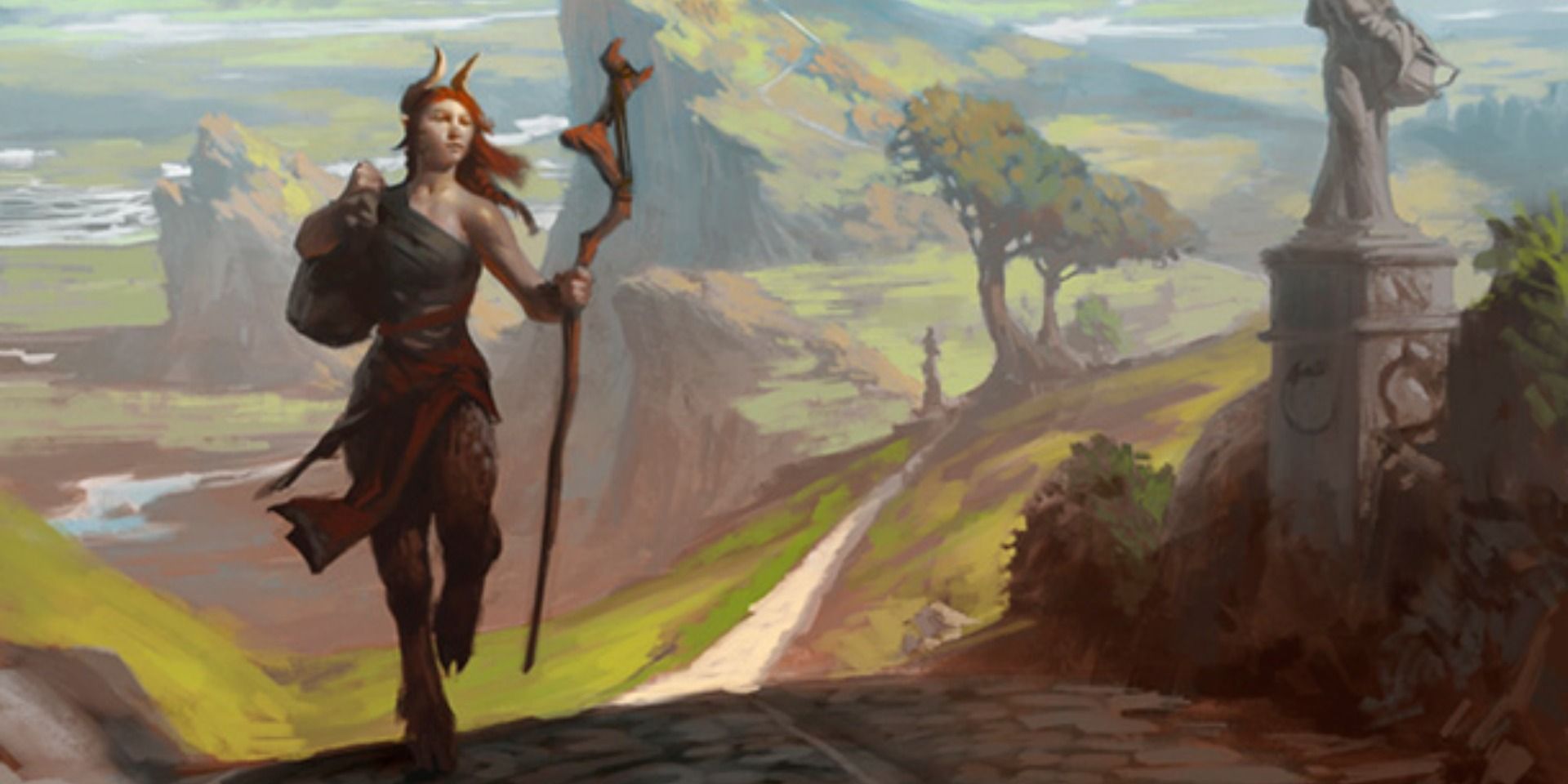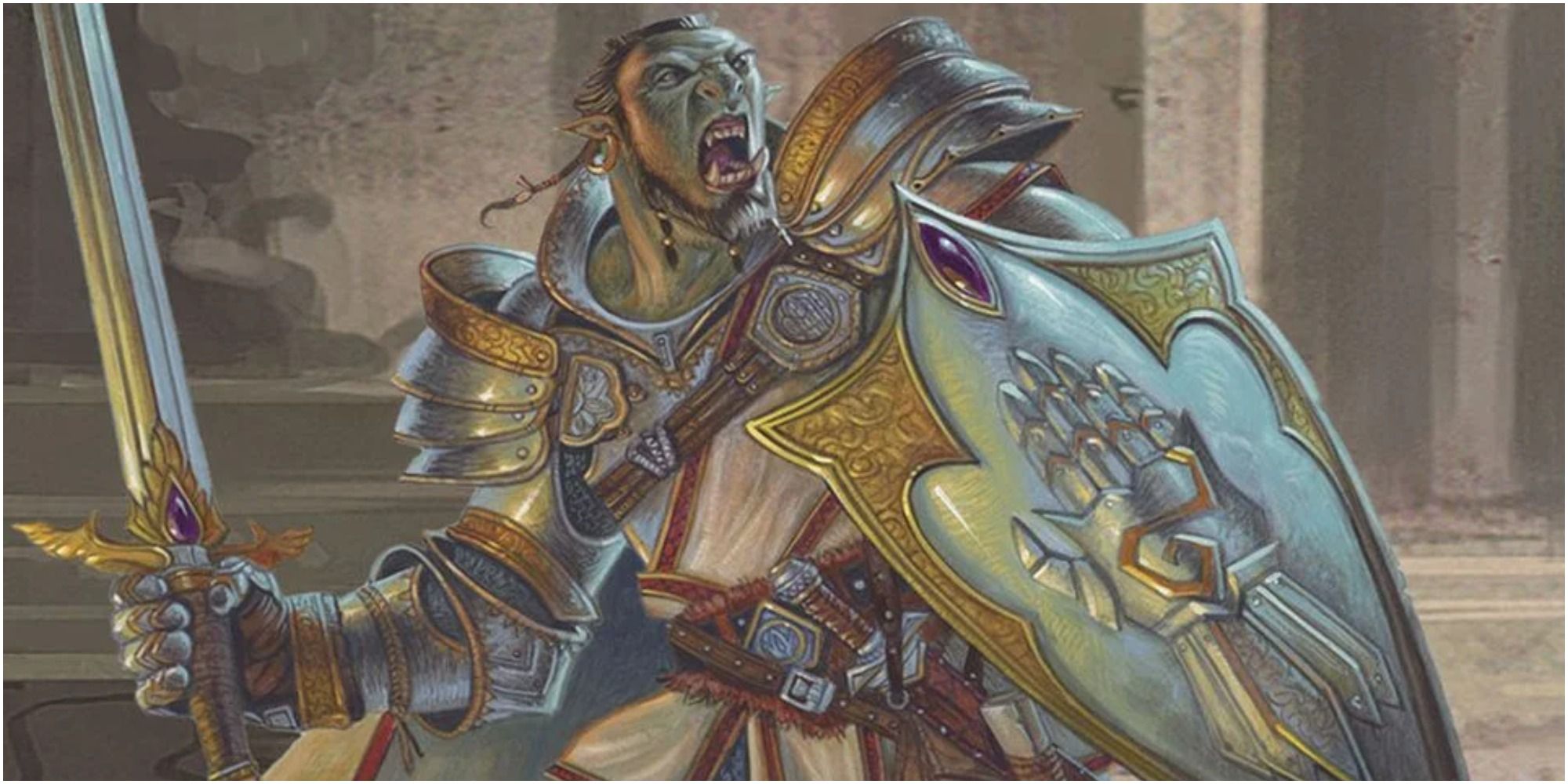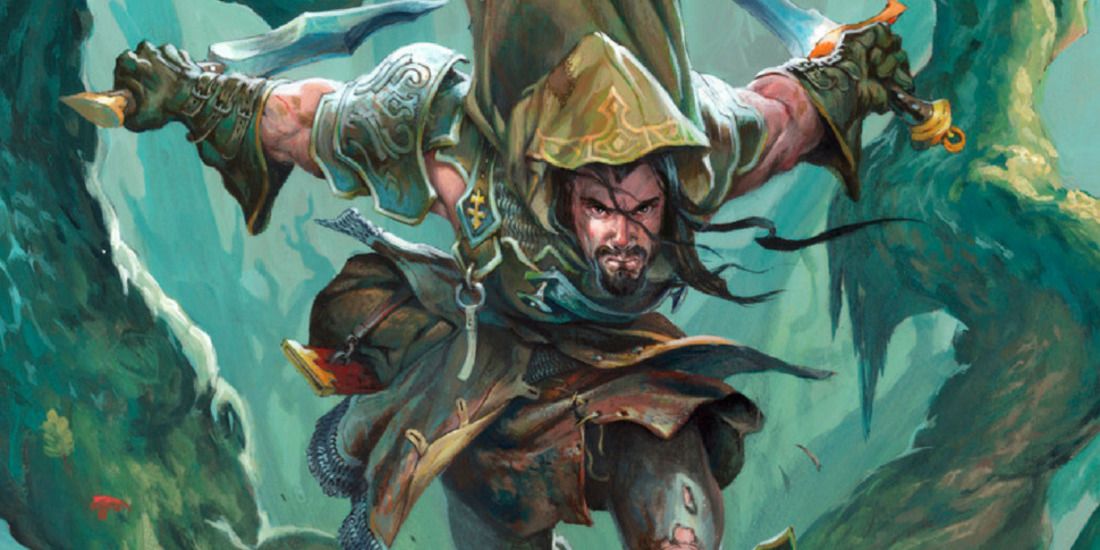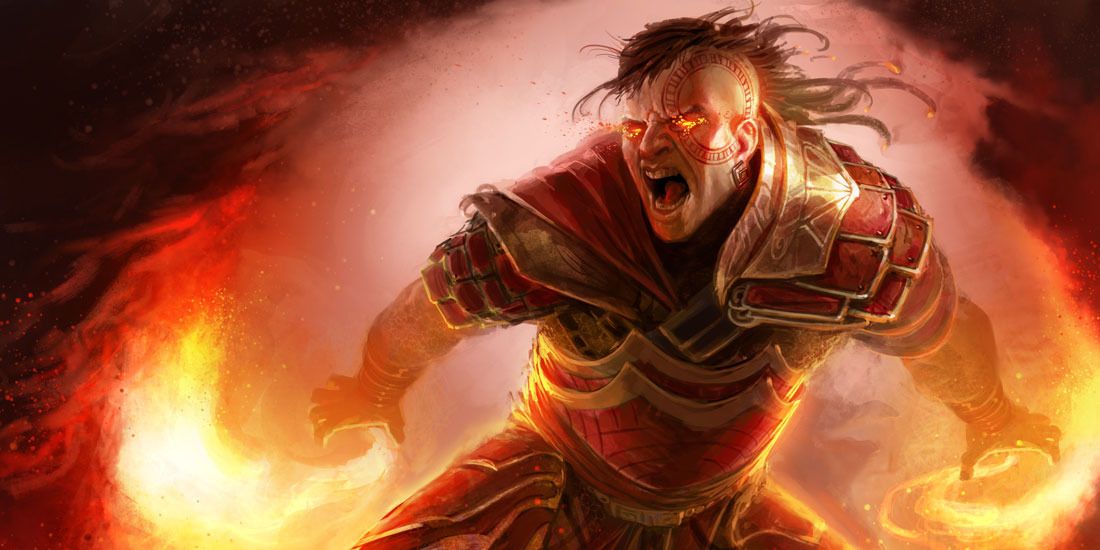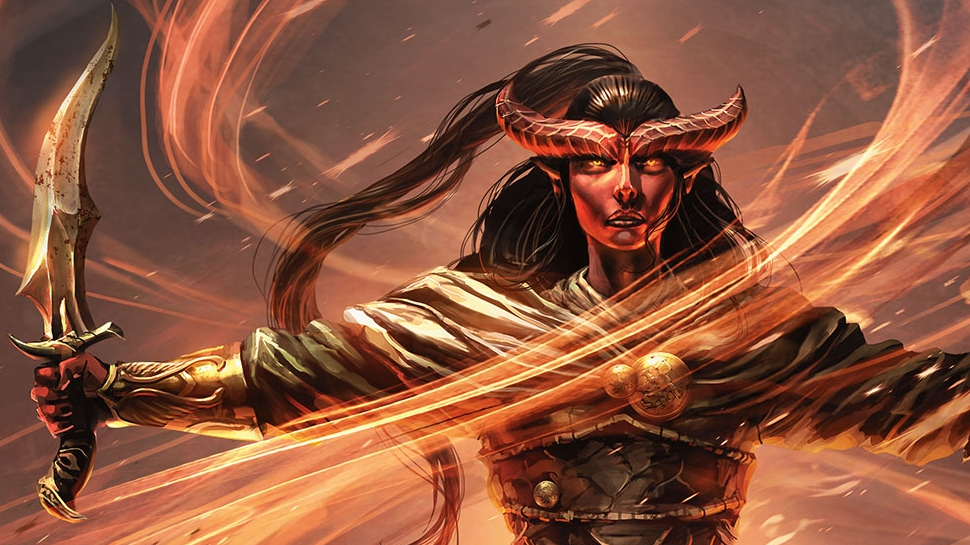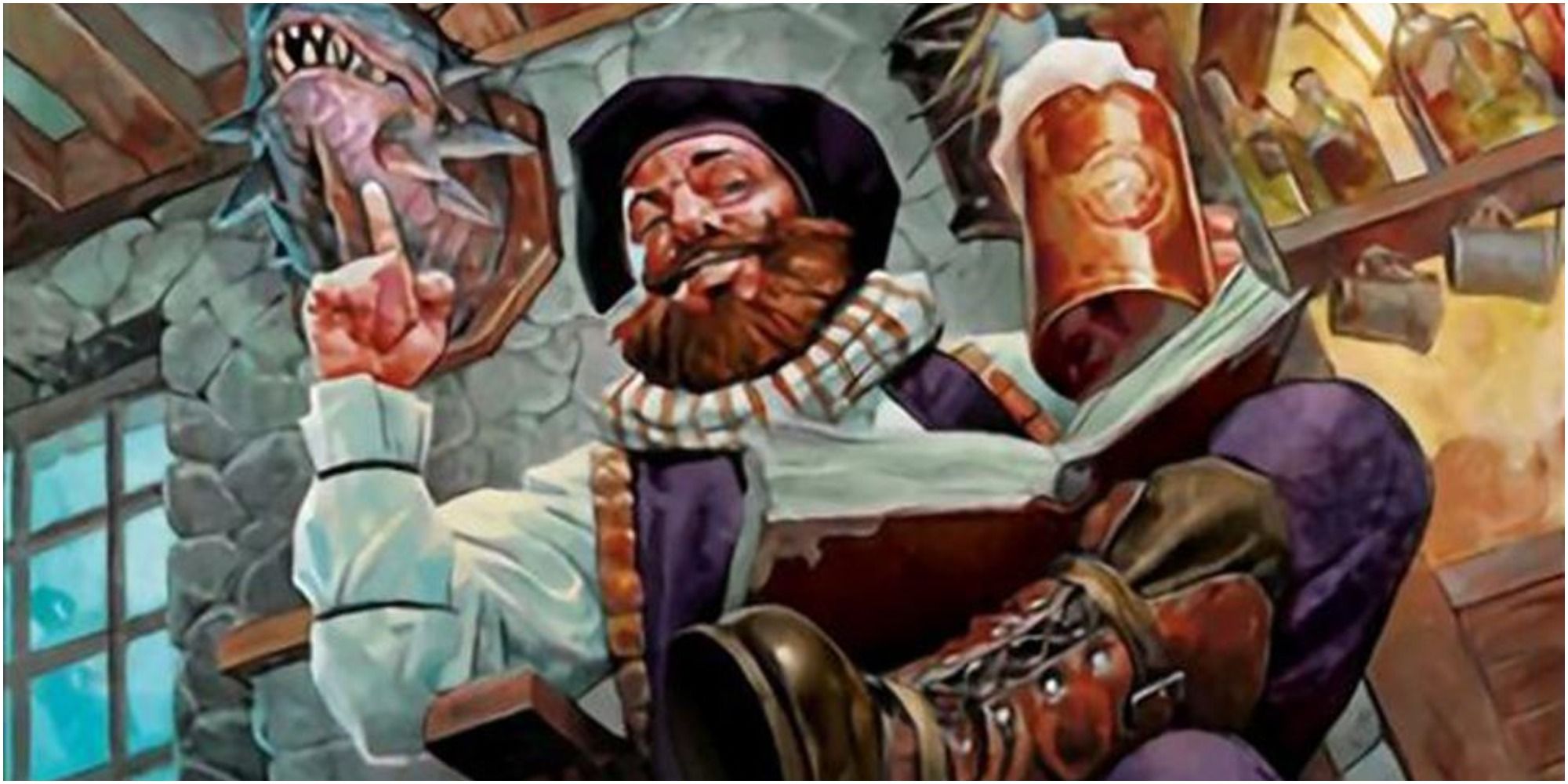The Ranger class of D&D has a long and proud history. They are the hunters, survivalists, and leaders of their adventuring parties, and the class is versatile enough to take on almost any role. Rangers are the best trackers in Dungeons & Dragons, but if you want to increase your non-tracking ability, or take on defensive or healing abilities, branching out can be helpful. Multiclassing can give a lot of benefits to the Ranger class, but not all classes work as well as others.
Rangers are the players that often act as support for their party, acting as off-healers, protecting the slower, squishier casting classes, and carrying all the stuff. There's also your choice of Archetype, Fighting Styles, Favoured Enemy, and Feats to consider. It's the ideal combination class, but for those that want to specialize in some skills or branch out in others, multiclassing is an attractive option. Bear in mind that your Ranger must have an ability score of at least 13 in both Dexterity and Wisdom in order to multiclass.
Updated on August 12, 2021, by Kristy Ambrose: With all of the extra materials now available in various supplemental modules, compilations, and adventuring guides, along with the creative inventions that come from homebrew ideas, there's more information to consider when multiclassing your Ranger.
The class is getting more recognition as an ideal multiclass option, with abilities like Dexterity and Wisdom combining well with Rogues and Clerics, while those more interested in the natural side of Ranger life can look to Druids or Barbarians. If you think dual-classing is a better option, which only dips into a class for a level or two, remember that this choice is only available to Humans and Human Variants.
Artificer
- Source: Tasha's Cauldron of Everything
- Main Benefits: An Artificer can craft equipment and cast spells to improve AC and combat abilities.
- Primary Ability Score: Intelligence
- Ideal Race: Gnome, Hobgoblin, Tiefling
Artificers can prepare any spells on their list that they have spell slots for, and have many utility spells to supplement the ranger’s nature-themed utility. They also have ritual casting, so even with limited Intelligence you should be able to prepare a few useful Ritual spells to use without using up limited spell slots. A second level gives Infusions, which can be worth taking for pure stat bonuses. The +1 bonus to armor is great, as are multiple swords with damage buffs for two-weapon fighting.
Barbarian
- Source: D&D Player's Handbook
- Main Benefits: Better options for weapons and armor along with better defensive abilities.
- Primary Ability Score: Strength
- Ideal Race: Dragonborn, Half-Orc, Leonin
If you’re one of the Rangers focusing on Strength, with the capacity to take damage and protect your party, a level or two of Barbarian can be useful. Rage is a very useful ability.
On the other hand, Rangers get a lot of combat potency from Hunter’s Mark and you won’t be able to concentrate on spells while raging. It’s probably not worth it to take any more than one level since you probably won’t have the hit points to make up for the hits you’ll be taking while using Reckless Attack.
Bard
- Source: D&D Player's Handbook
- Main Benefits: Sneaking skills, better single target damage, and an increased number of spellcasting slots.
- Primary Ability Score: Charisma
- Ideal Race: Human, Half-Elf, Lightfoot Halfling
Rangers can serve as utility strikers, which means they're good at single-target damage, sneaking, using skills, and providing spell utility. Bards help out with that and boost available spell slots too.
Bardic Inspiration and Song of Rest are good for the party, if not particularly good for a ranger, and Jack of All Trades is great. Expertise is great as well, but if you’re not taking the College of Lore subclass for the bonus proficiencies, multiclassing into Rogue is a much cheaper way to get Expertise.
Cleric
- Source: D&D Player's Handbook
- Main Benefits: Access to Cleric spells for healing and defense along with the ability to cast Ritual Spells.
- Primary Ability Score: Wisdom
- Ideal Race: Human, Firbolg, Kenku
As a Ranger, you’ll likely have a decent enough Wisdom score to power Cleric abilities. You’ll gain access to any Cleric spells that you have spell slots for, and similar to Artificers, you’ll be able to prepare some ritual spells to boost your utility.
Since rangers are so versatile, different Divine Domains can be useful depending on what kind of ranger you are building. One or two levels of Knowledge Domain are good for skill-based rangers. One or two levels of War Domain are good for damage rangers who don’t use two-weapon fighting. A level of Light Domain or Forge Domain is good for just about anyone.
Druid
- Source: D&D Player's Handbook
- Main Benefits: Access to Druid spells and Ritual Spells along with Wild Shape ability.
- Primary Ability Score: Wisdom
- Ideal Race: Firbolg, Human, Kenku
The primary advantage of this multiclass is to get access to any spells that Druids have slots for. Many utility spells, especially the Ritual Spells, overlap somewhat with Ranger spells.
Druids do have some unique spells that can be very useful to drop at the beginning of combat to drastically change a battle, so it’s not a total wash. Wild Shape can be good for infiltration, which is a handy ability for a Ranger, and Flying Animals is also handy but it's not available until the eighth level.
Fighter
- Source: D&D Player's Handbook
- Main Benefits: A second Fighting Style and the Action Surge ability.
- Primary Ability Score: Strength or Dexterity
- Ideal Race: Human, Dragonborn, Halfling
Taking two levels of Fighter does a lot for a Ranger. A second Fighting Style is great for Rangers who want to be good in a fight up close and from afar. At the second level, Action Surge benefits Rangers a lot when combined with Hunter’s Mark.
If you want to invest more levels into Fighter, Champion is great to dip into for two-weapon fighting Rangers, Arcane Archer for Rangers that specialize in ranged damage, and Battle Master for any melee Rangers.
Monk
- Source: D&D Player's Handbook
- Main Benefits: Increased unarmed damage abilities with skills like Martial Arts.
- Primary Ability Score: Wisdom
- Ideal Race: Human, Aarakocra, Kenku
Dexterity and Wisdom are the two most important ability scores for only two classes, Rangers and Monks. There are some great benefits to this multiclass, provided you don't mind giving up some AC points since Monks are not allowed to wear any kind of armor.
The Monk skill of Unarmed Defense can help negate this danger, and if you have a higher Wisdom score, that also might help you avoid some damage.
Paladin
- Source: D&D Player's Handbook
- Main Benefits: Increased damage-dealing abilities along with extra melee weapon skills and helpful healing and protection spells.
- Primary Ability Score: Charisma, Strength
- Ideal Race: Human, Tiefling, Dragonborn
Rangers do a lot of damage over multiple turns, and Paladins do a lot of damage all at once. Together they do a whole lot of damage but only at the price of relying on four separate ability scores. This can work just as well for multi-class or dual-class builds.
One level into the Paladin gets you some basic utility spells, and two levels get you the Paladin spell list and Divine Smite for burst damage. Three levels give a paladin Sacred Oath, some of which work well with certain Rangers. Be aware, Sacred Oaths have more built-in roleplaying than most subclasses, so don’t take them for abilities alone.
Rogue
- Source: D&D Player's Handbook
- Main Benefits: A number of complementary skills based on your Dexterity score, like Sneak Attack and Expertise.
- Primary Ability Score: Dexterity
- Ideal Race: Kenku, Aarakocra, Halfling
Rangers and Rogues are two Dexterity-based martial classes that work well together. Expertise is great for Rangers who want to serve as the party’s skill monkey and Rogues get it with only one level. Sneak Attack damage will be minimal at 1d6, but it’s a nice bonus on top of all the other nice bits of bonus damage you get as a ranger.
If you want more than one level in Rogue, take three and pick the Scout Archetype. It helps you be a great mobile archer and helps you act like a superhuman survivalist and tracker.
Sorcerer
- Source: D&D Player's Handbook
- Main Benefits: Access to Sorcerer spellcasting abilities like Metamagic.
- Primary Ability Score: Charisma
- Ideal Race: Human, Tiefling, Half-Elf
Many Ranger spells are utility spells that are intended for healing or defense and they don't benefit much from Metamagic, which is one of the main draws of the sorcerer class. Dual-class just to get a level or two of gnarly spellcasting abilities and a unique backstory.
Sorcerers get a lot of subclass flavor at first level, so taking a single level for roleplaying reasons isn’t terrible.
Warlock
- Source: D&D Player's Handbook
- Main Benefits: Access to some Warlock spells and increased melee damage ability depending on your subclass.
- Primary Ability Score: Charisma
- Ideal Race: Tiefling, Dragonborn, Human
Warlocks also get a subclass at fist level, so this can also be an interesting dual-class option. The Fiend synergizes well with hunter’s mark and other ranger abilities that help you focus on crowds of enemies. The Hexblade works well with two-weapon Rangers since the curse gives benefits that increase with multiple weapon attacks.
A second level lets you pick Invocations, a number of which are useful for Rangers who want to focus on utility.
Wizard
- Source: D&D Player's Handbook
- Main Benefits: Access to the Wizard's spellcasting abilities, including Ritual Casting.
- Primary Ability Score: Intelligence
- Ideal Race: Human, Half-Elf, Gnome
You won’t get many spells from this multiclass unless there are a few first-level spells you absolutely need. There are also some interesting RP options here depending on the race and Arcane Tradition you choose.
Wizards do get the best ritual casting in the game due to the fact that you don’t even need to prepare the spell, but you do need to spend some time hunting down Ritual Spells to copy down into your spellbook.

